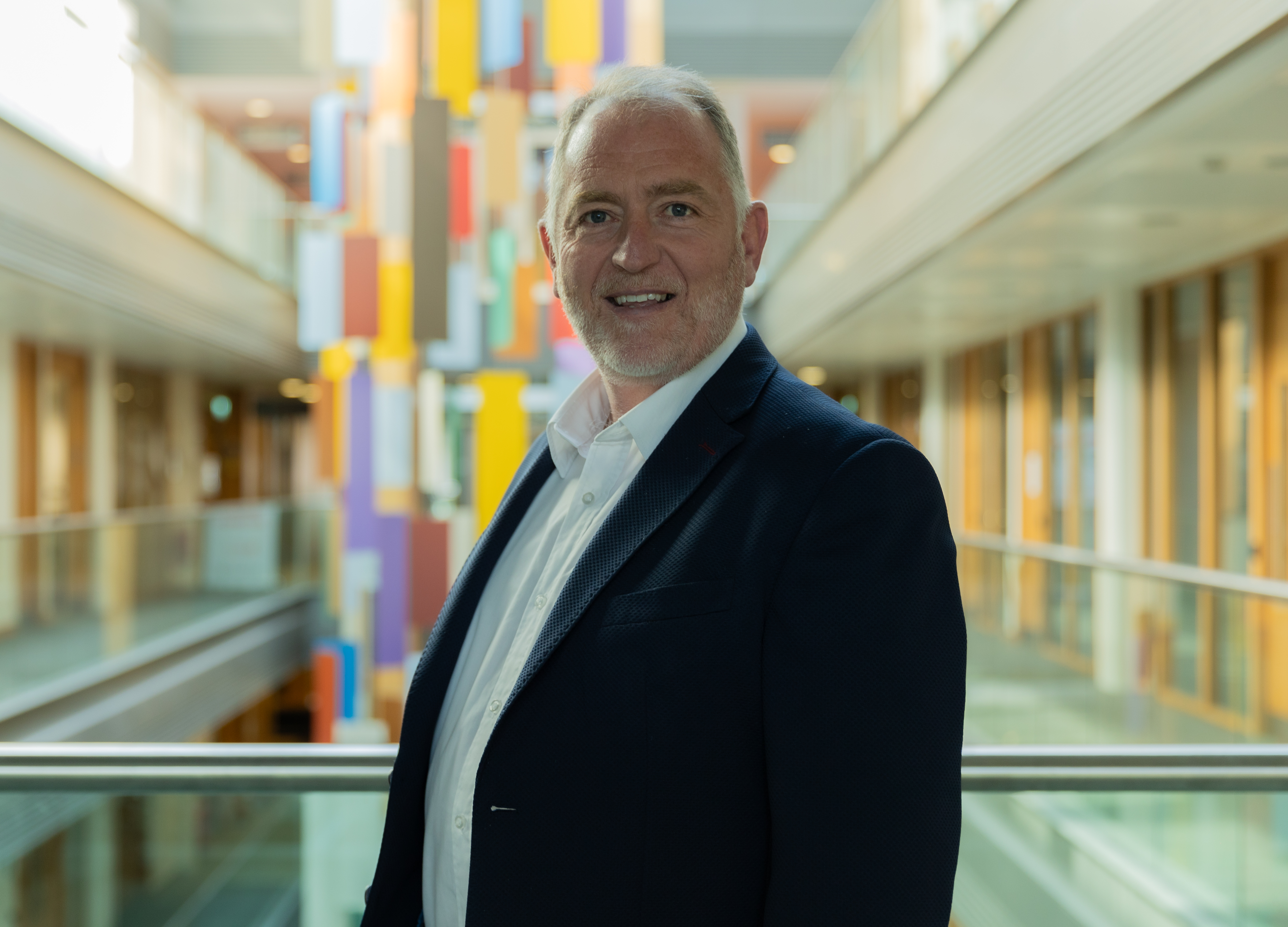Interview with David Dorgan: On Performance, Mindset, and Startups

"Whether you're standing over a free in a Munster final or pitching your start-up to investors, you're exposed"
Interview with David Dorgan: On Performance, Mindset, and Startups
Q1. You’ve coached Cork’s minor and U20 hurlers and now work with founders through UCC’s IGNITE programme. On the surface, GAA and start-ups seem worlds apart—what are the unexpected similarities?
A: GAA and start-ups might look like different worlds, but both demand resilience, clarity, and presence under pressure. Whether you’re standing over a free in a Munster final or pitching your start-up to investors, you’re exposed—your preparation, your belief, your identity. What separates the best is their ability to accept the moment as it is, stay focused on what matters most, and take the next right action.
“The most common block I see? ‘Am I good enough?’”
Q2. Start-ups can be a lonely game, full of self-doubt and setbacks. In your work with founders, what are the most common mindset blockages you see and how do you help people get unstuck?
A: The most common block I see? “Am I good enough?” It shows up in procrastination, perfectionism, or freezing when it matters most. To shift it, we start with awareness: noticing the thought without judgement. Then we refocus on what matters—what action will move you forward, aligned with your values? It’s not about changing the thought. It’s about choosing your focus and building belief through action.
“That tiny gap between stimulus and response is gold.”
Q3. You combine tools from positive psychology, NLP, and executive coaching in your work. What’s one simple practice from those areas that founders can use to stay mentally strong under pressure?
A: One of the simplest—and most powerful—is the pause.
Pause.
Take a breath.
Notice what’s happening inside—without judgement.
Choose where to place your focus next.
That tiny gap between stimulus and response is gold. You don’t need to believe every thought your mind throws at you. You just need to choose what serves you next.
“The edge is often emotional, not technical.”
Q4. In elite sport, performance is often about small margins. Is it the same with founders? What separates those who just survive from those who thrive?
A: Absolutely—it’s the small margins. A 10-minute follow-up call, a mindset shift before a pitch, a decision to reset after a bad day—these add up. Those who thrive aren’t always the most brilliant or best connected. They’re the ones who reflect, adapt, and keep showing up. The edge is often emotional, not technical. Stay present, focus forward, and don’t let setbacks become your identity.
“Separate the event from the identity.”
Q5. How do you approach building confidence with someone who’s in a slump—be it a corner-back who had a tough match or a founder who just lost a big customer?
A: I help them separate the event from the identity. You lost a customer, you had a bad game—what did you learn? What worked well? Where are the opportunities? What step can you take to move the dial? And again staying present to bring all your current capabilities to the next moment.
“When you know what matters most, you lead with conviction.”
Q6. You talk about creating values-driven visions. Why are values so important for founders and what happens when they aren’t clear on theirs?
A: When you know what matters most, you lead with conviction. You push through challenges, make better decisions, and stay grounded—especially under pressure. When founders aren’t clear on their values, they can get distracted, get discouraged, and sometimes drift. Connecting to your values can help overcome some of the inertia that inevitably comes when you are moving outside your comfort zone.
“We still treat resilience like a personality trait instead of a trainable skill.”
Q7. You’ve worked with young athletes and now young entrepreneurs. Do you think we’re doing enough to develop mental resilience in early-career professionals?
A: Honestly? No. We still treat resilience like a personality trait instead of a trainable skill. The good news is, young founders are hungry for it. When we teach them how to reflect, defuse from thoughts, and move towards values—they take to it fast. They just need tools and the environment to develop.
“You don’t need to be confident to start. But the act of starting builds belief.”
Q8. What advice would you give to someone starting a business who’s unsure if they have what it takes mentally?
A: You probably don’t feel ready—and that’s normal. Start anyway. Programs like IGNITE surround you with people who both challenge and support you. You don’t need to be confident to start. But the act of starting and being in programs like IGNITE builds belief.
